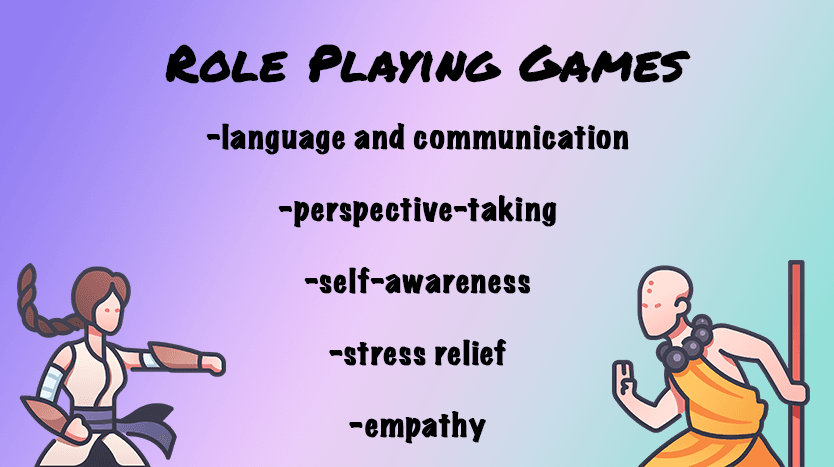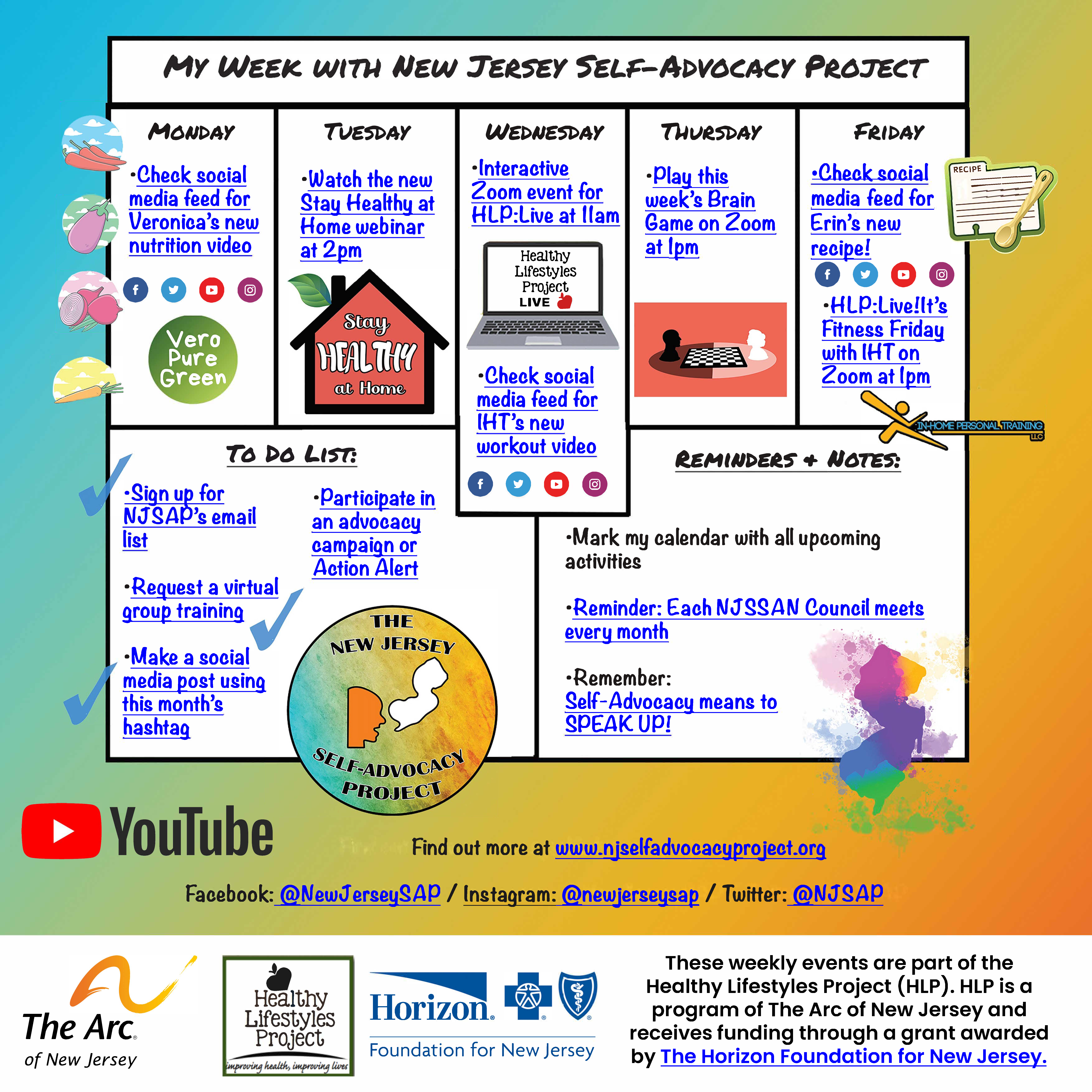
Welcome to the Positive Pulse blog! Check in with us each month for tips on healthy living, right on our website. A short snippet will be featured in the NJSAP monthly newsletter as well, which you can sign up for here.
This month's topic is role playing games or RPGs! Role-playing helps to develop important life skills in language and communication, perspective-taking, self-awareness, and empathy.
While at its core it's "just a game", there's a reason why table-top RPGs like Dungeons & Dragons have become massively popular in recent years. Role-playing games (RPGs) are games in which players assume the roles of characters in a fictional setting. Players take responsibility for acting out these roles within a narrative, either through literal acting or through a process of decision-making regarding character development. Actions taken within many games succeed or fail according to a the games rules.
RPGs allow you to take the reins of your fantasy character, or Player Charcater (PC) in whatever ways you wish. You can play an idealized version of yourself, or any entirely different type of person. Most importantly, your choices are your own to make. When a player creates their PC, they often put a piece of themselves into that character. Through role-playing this character who reflects a piece of the player back at them, personal growth and learning can occur. Things will not always go the way you expect or want them to, which also teaches the importance of taking risks and possibly failing.
All players will get the chance to practice socializing and team building skills with each other, while using their creativity and critical thinking skills to bypass obstacles and issues. Because everyone is playing the same game together and if they want to continue playing the game, they must settle differences and understand one another to succeed at overwhelming challenges. The CDC has found that people who feel connected to a community experience longer lifespans, greater health, and better overall quality of life compared to people who are socially isolated
You can take a break from the stressors of everyday life by creating a different one. When you play a character, you have to put yourself into their shoes and make decisions as them. Players can experience a temporary escape from daily problems of their real life. Instead of ruminating on real-life problems, players get a chance for a few hours to focus on the wants, desires, and problems of their PCs instead. Players with significant challenges in their own lives can benefit from temporarily experiencing the life of a character who may not face those same challenges.
Studies employing RPGs in interventions have reported positive experiences of improvements in mental health or educational outcomes. Recent research indicates that TTRPGs can even reduce social anxiety, enhance social skills, and boost confidence in real-life social situations
https://afgfamily.com/blog/news/8-ways-tabletop-role-playing-games-can-improve-mental-health/

